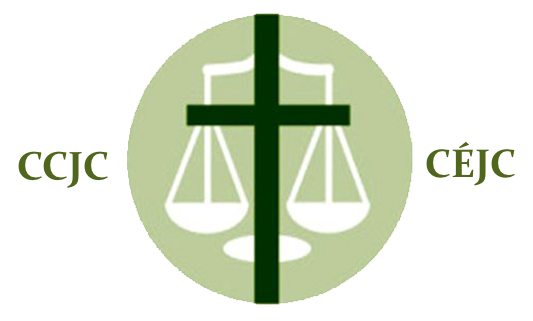Shortly after the murder of my daughter, I became involved with a homicide support group which met in an old run-down church in the heart of Winnipeg. Once every two weeks we would brave he could weather and get together just to tell our stories. We planted a tissue box on the coffee table and sometimes we used them, sometimes we didn’t Our simple guidelines were that we would honour each other’s stories, validate each one, never impose our own beliefs, values or ideas on other and keep the stories confidential. It was a truly healing experience. W bounded in a way that I had never experienced before.
In hindsight, I can isolate three important things that happened that helped us cope with our tragedies. We learned form each other. There was practical wisdom that was interwoven in the stories that isn’t found in books. And if it is, we weren’t reading the right books.
We identified with each other. When we were hit with our tragedies, most of us didn’t have friend who could say they new how we felt. None of them had experienced anything remotely close to what we were going through. It was wonderful to meet others of like experience. We had created a place where the unnatural was normal.
We created a circle of support that went beyond those meetings. Even now when I call on those members who were part of the initial close group, it doesn’t take long for us to catch up. We bonded in a deep friendship.[1]
[1] “Pathways: A Journal of Hope and Healing for Victims of Violent Crime,” Issue one, March 1998, 12.
